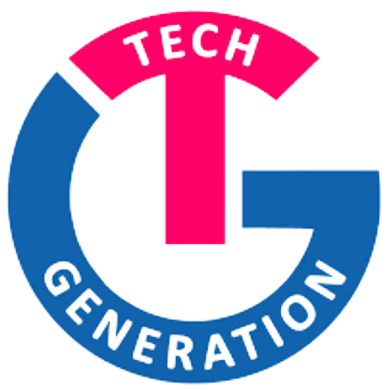In today’s fast-paced digital world, marketing strategies are constantly evolving. To stay ahead of the competition and reach your target audience effectively, it is crucial to have the right tools at your disposal. Here are 10 must-have tools for cutting-edge marketing strategies:
1. Social Media Management Tools: With billions of active users on various social media platforms, managing multiple accounts can be overwhelming. Social media management tools like socialmarketing90 or Buffer help streamline your social media efforts by allowing you to schedule posts in advance, monitor engagement metrics, and analyze performance.
2. Content Creation Tools: Engaging content is key to capturing your audience’s attention. Tools like Canva or Adobe Creative Cloud provide easy-to-use templates and design features that enable you to create visually appealing graphics, videos, and infographics without needing extensive design skills.
3. Email Marketing Software: Email remains one of the most effective ways to nurture leads and build customer relationships. Platforms such as Mailchimp or Constant Contact offer user-friendly interfaces for creating personalized email campaigns with automation features that save time while delivering targeted messages.
4. SEO Analytics Tools: Search engine optimization (SEO) plays a vital role in driving organic traffic to your website. Utilize analytics tools like Google Analytics or SEMrush to track keyword rankings, identify opportunities for improvement, and gain insights into user behavior on your site.
5. Customer Relationship Management (CRM) Systems: Managing customer data efficiently is essential for successful marketing campaigns. CRM systems such as Salesforce or HubSpot allow you to store contact information securely while providing valuable insights into customer interactions across different channels.
6. Influencer Marketing Platforms: Collaborating with influencers can significantly boost brand awareness among their followers who trust their recommendations implicitly. Platforms like Upfluence or AspireIQ connect brands with relevant influencers based on specific criteria such as niche expertise or follower demographics.
7.Content Management Systems (CMS): A robust CMS simplifies website management by enabling non-technical users to create, edit, and publish content easily. Popular CMS platforms like WordPress or Drupal offer customizable templates, plugins, and SEO-friendly features that enhance your website’s performance.
8. Video Editing Software: Videos have become a dominant form of content consumption. Tools such as Adobe Premiere Pro or iMovie provide powerful editing capabilities for creating professional-looking videos that engage your audience across various platforms.
9. A/B Testing Tools: Optimizing marketing campaigns requires continuous testing and experimentation. A/B testing tools like Optimizely or Google Optimize allow you to compare different versions of landing pages.

